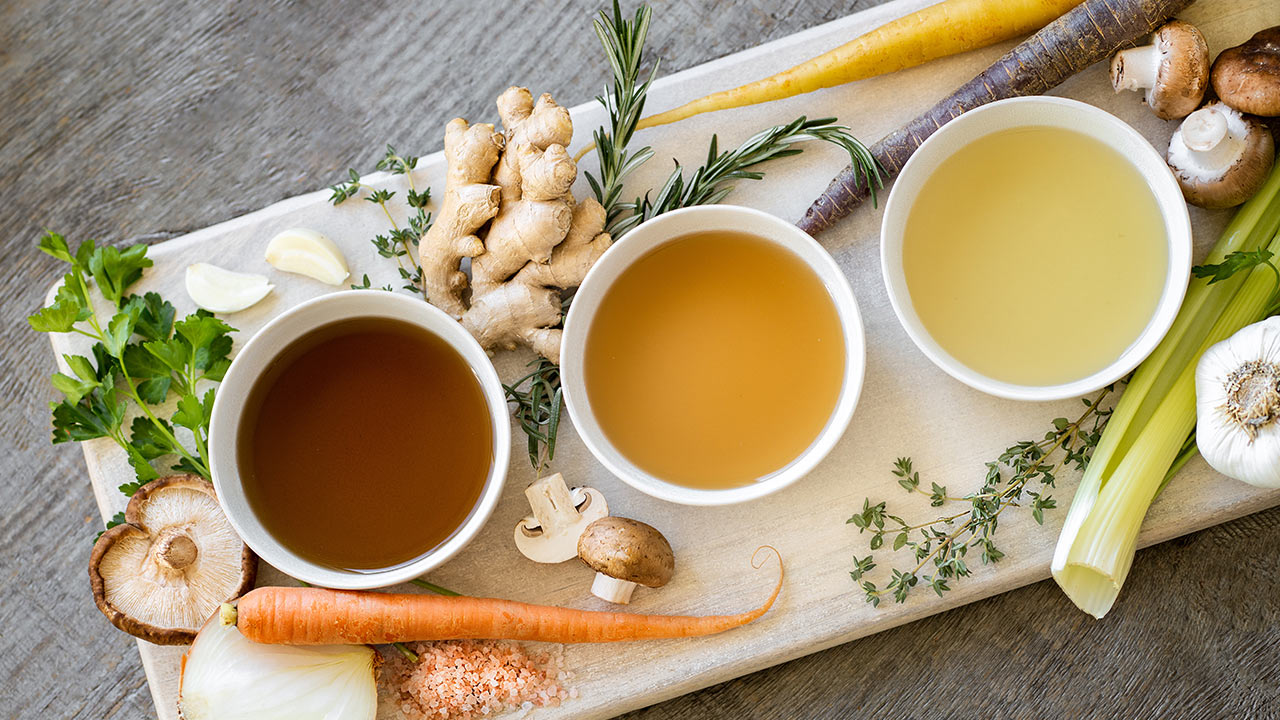Is Vegetable Oil Good or Bad for your Health?

Hey Angels and Alphas,
Vegetable oil has been a staple in many kitchens for decades, but it has also been the subject of much debate in the health and nutrition world. With various types available, including soybean, corn, sunflower, and canola oil, the health implications of vegetable oil consumption are complex and multifaceted.
This article explores the potential benefits and drawbacks of vegetable oil, aiming to provide a balanced perspective on its impact on health.
Let’s talk about it.
The Benefits of Vegetable Oil
- Rich in Healthy Fats: Many vegetable oils, particularly those high in unsaturated fats, can be beneficial for heart health. Unsaturated fats, including monounsaturated and polyunsaturated fats, are known to reduce bad cholesterol levels (LDL) and increase good cholesterol levels (HDL). Olive oil, for instance, is rich in monounsaturated fats and has been linked to a lower risk of heart disease.
- Source of Essential Fatty Acids: Some vegetable oils, such as flaxseed oil, are rich in omega-3 fatty acids, which are essential for brain function and overall health. Omega-3s have anti-inflammatory properties and have been shown to reduce the risk of chronic diseases like heart disease and arthritis.
- Vitamin E Content: Vegetable oils are a good source of vitamin E, an antioxidant that helps protect cells from damage. Vitamin E supports immune function and skin health, and it plays a role in preventing chronic diseases.
The Drawbacks of Vegetable Oil
- High in Omega-6 Fatty Acids: While omega-6 fatty acids are essential for health, excessive intake can lead to an imbalance with omega-3 fatty acids. Many vegetable oils, such as soybean and corn oil, are high in omega-6s, which can promote inflammation when consumed in excess. This imbalance is linked to an increased risk of chronic diseases like heart disease, cancer, and autoimmune disorders.
- Processing and Refinement: Many commercially available vegetable oils undergo extensive processing, which can strip them of beneficial nutrients and introduce harmful substances. Refining processes often involve high heat and chemicals, leading to the formation of trans fats and other toxic compounds. These processed oils may contribute to inflammation and other health issues.
- Oxidation and Stability: Vegetable oils, particularly those high in polyunsaturated fats, can be prone to oxidation, especially when exposed to heat, light, and air. Oxidized oils can form free radicals, which are harmful compounds that can damage cells and contribute to chronic diseases.
Choosing the Right Vegetable Oil
When selecting a vegetable oil, it’s important to consider its fatty acid composition, processing method, and intended use. Here are some tips for making healthier choices:
- Opt for Cold-Pressed or Extra Virgin Oils: These oils are minimally processed and retain more nutrients compared to refined oils. Extra virgin olive oil, for example, is a great choice for dressings and low-heat cooking.
- Balance Omega-3 and Omega-6 Intake: To avoid an imbalance, try to consume a variety of oils and include sources of omega-3s, such as flaxseed oil or fatty fish, in your diet.
- Consider Stability and Cooking Method: Use oils with higher smoke points, like avocado or refined coconut oil, for high-heat cooking to reduce the risk of oxidation. Save delicate oils, like flaxseed or extra virgin olive oil, for dressings and low-heat applications.
The bottom line is…
The health effects of vegetable oil depend on the type and quantity consumed, as well as how it is processed and used in cooking.
While some vegetable oils can offer health benefits, others may pose risks if consumed in excess or if highly processed. By making informed choices and balancing your intake of different fats, you can incorporate vegetable oils into a healthy diet.





